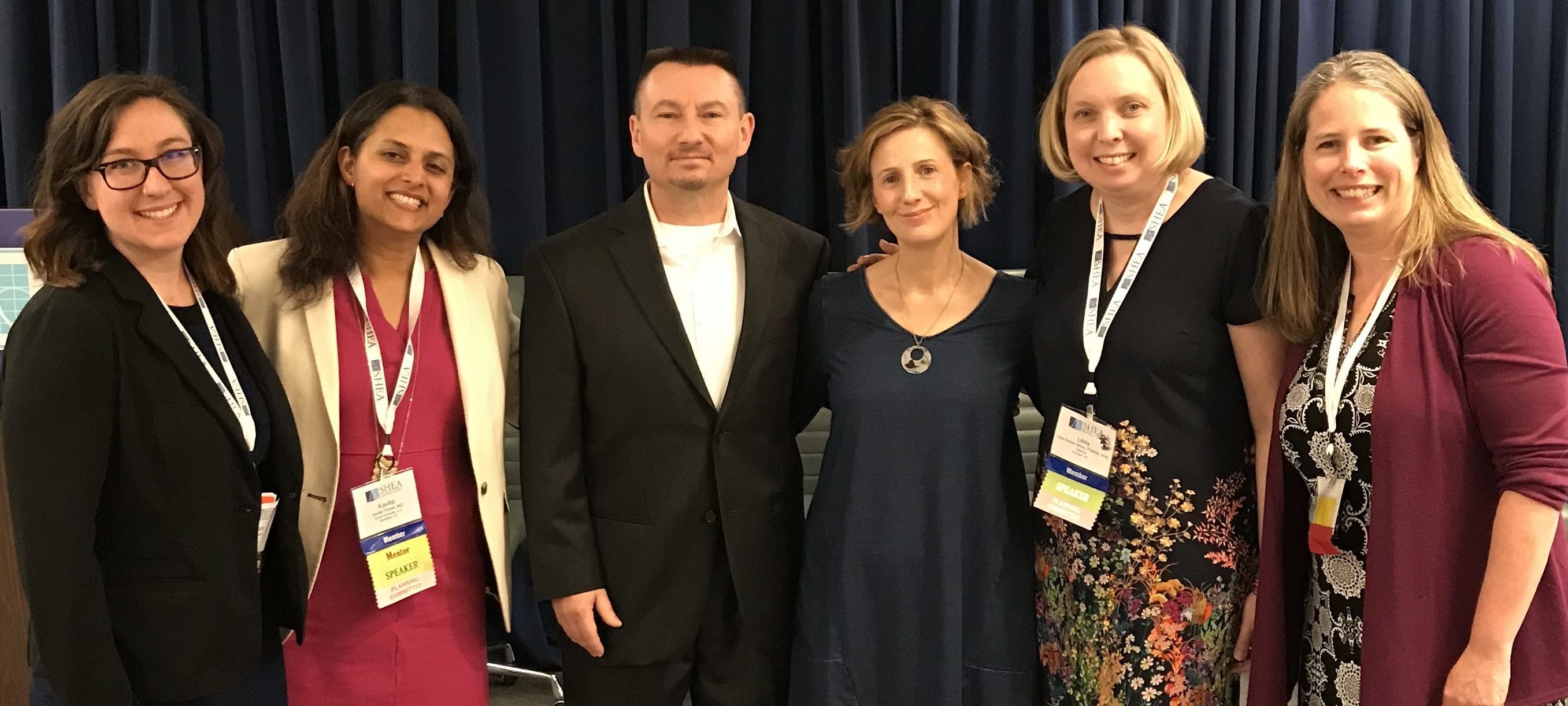Let’s Talk About Poop: Speaking Out After C. Diff
Other Categories
By Brenna Darazs
I think we can all agree that talking about poop isn’t suitable dinner conversation. It’s rarely considered suitable conversation in any setting. Nobody wants to hear about your bowel movements. Well, almost nobody. There are nurses, pharmacists and doctors who actually want to know about your Clostridium difficile (C. diff) experience, including the 411 on your poop.
Largely defined by its symptom of severe diarrhea, C. diff isn’t easy to talk about, even to our nearest and dearest. Poop is a definite taboo in most polite conversation, and most people find the subject off-putting. I like a good fart joke as much as anybody else, but delving into feces wasn’t my idea of a good time. To boot, I’ve always been an anxious person. Even as a young child I was anxious. I was diagnosed with depression, anxiety and panic disorder at 13. Adolescence is best when it’s over. I have always struggled with my illness. I excelled in high school and was awarded scholarships. I didn’t take them. Instead, it would take me a few years of working to get the confidence to attend college. And once I got there I had to give presentations. For someone with anxiety and panic, this felt insurmountable, even with the coping mechanisms I’d developed over the years.
I say all this to give some context to my fear of public speaking. I am no Dale Carnegie. Typically, days before I had to speak I would ruminate and lose sleep. It was torturous. Once I was actually in front of people, my hands would shake and my voice would tremble. I began to sweat, and the urge to vomit crept in (sometimes I actually threw up beforehand). I would feel myself getting flushed, and panic would set in. And, ironically, my bowels needed to evacuate. Speaking to an audience, no matter the size, produced absolute agony.
Those things swirled in my head when I was asked by the Peggy Lillis Foundation to share my story. The Society for Healthcare Epidemiology of America (SHEA) wanted a C. diff survivor to give a patient’s perspective at their annual Spring conference. PLF reached out to me as an advocate and asked me to consider this unique opportunity. My first thought was, absolutely not! I am not getting up in front of a bunch of doctors to talk about this shi*ty disease that they and their hospitals gave me! I know, not entirely true, but I am still dealing with the anger. And I certainly didn’t want to do it if only on the grounds that I might panic, make a complete fool of myself, and die of embarrassment there on the spot.
But with time, kindness and compassion on the part of everyone at SHEA, I changed my mind. I did the unthinkable; I said yes. If I spoke out about how agonizing and horrific C. diff is, then maybe someone in that room would be engaged, committed and possibly the impetus for policy change. If they did that, surely that would help those patients currently suffering, wouldn’t it? Because there has to be some meaning to it all. You can’t go through this experience and not come out on the other side with some sort of epiphany or change in perspective. Call it what you will, but you have been to the precipice and back and, for better or for worse, you are changed.
So I did it. I sat in front of a room full of people who were actually interested in poop. It was kind of magical. For the first time since my diagnosis, aside from family and my transplant doctor, I felt heard. I felt listened to. I felt like I mattered. I felt like maybe C. diff didn’t completely ruin my life but rather gave me a strength and perspective I had lacked. And for the rest of that day I was on my own silver-lined cloud, feeling safer than the day before. I felt empowered. Really, truly empowered.

It wasn’t easy. I was scared. I felt inadequate. I was afraid of screwing up. But the anxiety was manageable, thanks to beta blockers and some deep breathing. With my husband by my side, I told my story. I told the reality of C. diff, and I hope I made a difference. Because that’s all I wanted. I wanted someone to listen to my story and care enough about what happened to me to make sure it doesn’t happen to the next person who catches C. diff. Or better yet, to make sure there’s not a next person. Wouldn’t that be something? Now that’s something to talk about.




I had CDiff 6 times…
Just finished the last one
Ready to do the surgery but it keeps coming back
Help!
I just had cdiff myself and just got done with my treatment. It’s been 3 day since I took my antibiotics. I have ate a little bit of food and everything seems to be doing ok but I have not pooped since I stop with the treatment. Is that normal
Me too! Had diarrhea for three weeks and now nothing!
Im 20 years old and just got Diagnosed with C Diff. Im taking antibiotics but im in alot of pain.
Smoking weed helps me with nausea and pain, stay away from gluten, and dairy unless it’s probiotic, and make sure to take florastor with antibiotics hope you get well soon
Also stay away from sugar its the absolute WORST thing to eat, and this is comin from a major sweet tooth. Lemon is okay usually in smoothies.